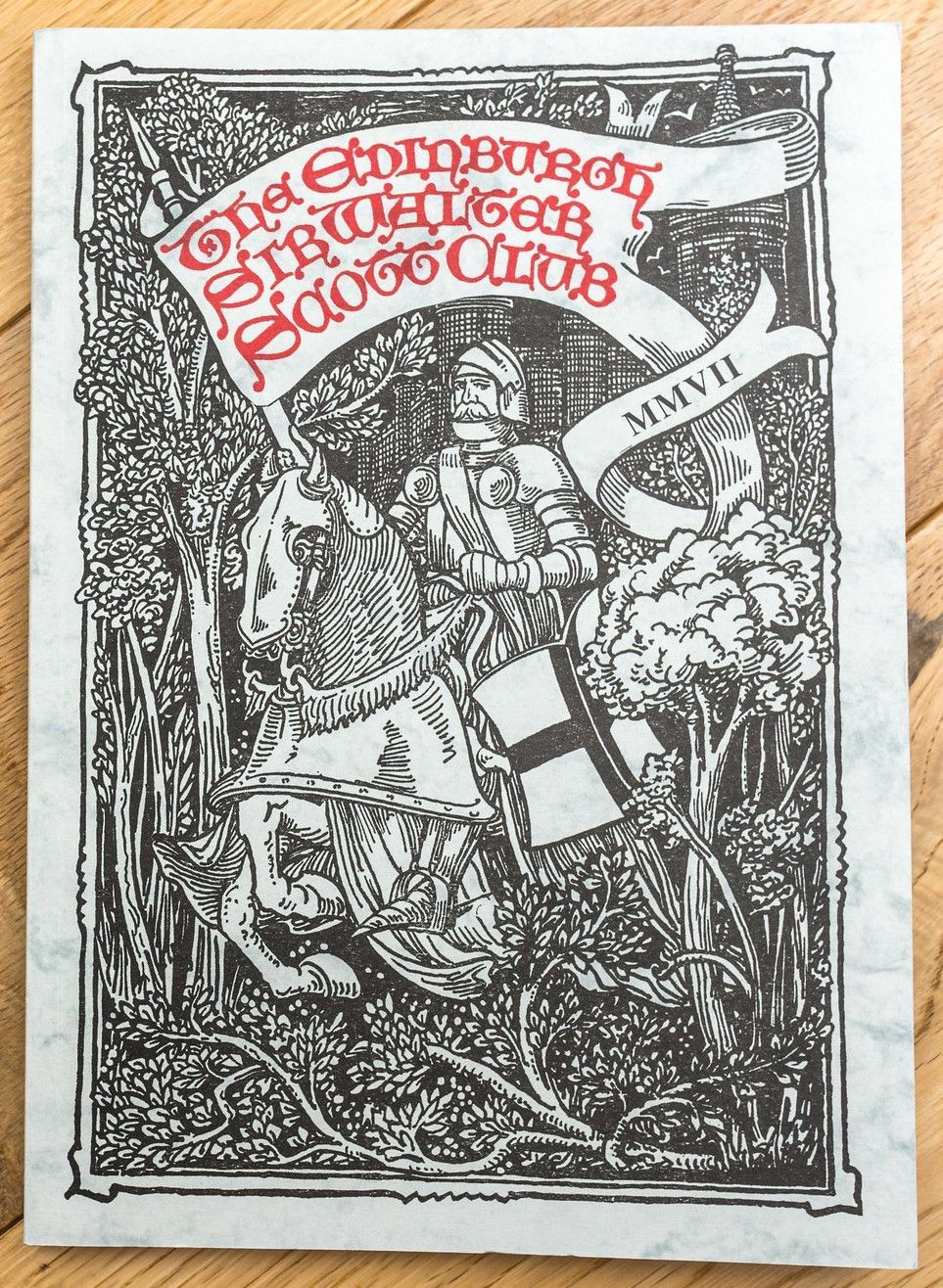James Robertson and Walter Scott
Thursday 7th June 2007
‘Can the devil speak truth?’ Irrational history in the novels of James Robertson and Walter Scott
Summary of the Talk:
Martin's text explores the intertextual relationship between James Robertson's novels and the works of Sir Walter Scott, particularly focusing on the portrayal of history and the idea of progress. The paper contrasts the historical perspectives of both authors, drawing attention to how Robertson engages with Scott's legacy while simultaneously undermining his approach to history.
Key Themes and Concepts:
- The Role of History in Fiction: Robertson, like Scott, writes historical novels, but his works question the traditional view of history as a linear, progressive story. Whereas Scott often accepts the inevitability of progress, Robertson is more sceptical, presenting history as fragmented and subjective. This scepticism is evident in Robertson's novels, such as The Fanatic, Joseph Knight, and The Testament of Gideon Mack, where historical narratives are often presented as constructs, shaped by the present and filtered through personal experiences.
- The Influence of Scott: Robertson is influenced by Scott but diverges significantly in how he handles historical events. He critiques Scott’s linear view of history, particularly the idea that progress is inevitable and always positive. Robertson’s characters, such as Andrew Carlin in The Fanatic, frequently confront the consequences of history's failures, questioning the simplistic view of historical inevitability.
- Modernity vs. Tradition: Robertson uses his characters to reflect on Scotland’s modern identity in contrast to its historical and often troubled past. His modern Scotland is pluralistic and multifaceted, resisting the clear-cut narrative of progress found in Scott’s works. Robertson critiques the reduction of history to a simple progression, instead suggesting that history is often a series of conflicting, coexisting narratives.
- Cultural History and Folk Beliefs: Robertson often integrates folk tales and irrational beliefs into his narratives, reflecting the ongoing influence of these elements on modern society. This contrasts with Scott's more rational approach to history, where folklore and superstition are typically secondary to the grand narrative of progress.
- Existential Questions and Human Subjectivity: The paper explores how Robertson, like Scott, engages with the subjective nature of history. His characters are often caught between personal beliefs, cultural narratives, and the broader historical forces that shape their lives. For example, in The Testament of Gideon Mack, the protagonist grapples with a deeply personal crisis of faith and identity, while in Joseph Knight, the historical truths about slavery and freedom are challenged through the subjective experiences of the characters.
Notable Points:
- Intertextual References: Robertson’s characters often reference or reflect Scott’s works, whether through direct homage or through shared thematic concerns. The characters of The Fanatic echo Scott’s historical figures, yet Robertson uses them to critique the way history has been represented.
- Folk History vs. Official History: The paper highlights how Robertson’s works challenge the dominant narratives of history by reintroducing folk tales and superstitions, suggesting that these elements still play a crucial role in shaping modern Scotland’s identity.
- Historical Progress and Its Costs: Robertson contrasts Scott's acceptance of historical progress with his own critique of progress, particularly in the context of Scotland’s troubled past. His characters are often trapped in cycles of personal and historical failure, unable to escape the repercussions of their past actions.
Conclusion:
The key takeaway from this analysis is that while Robertson is clearly influenced by Scott, he challenges the notion of history as a linear progression. His work suggests that history is not a straightforward path but a complex, fragmented narrative shaped by personal experiences, cultural myths, and irrational beliefs. Robertson’s novels offer a more sceptical and nuanced view of history, questioning the costs of progress and the authenticity of historical narratives.
Download the [Transcript] or Read the [Bulletin]

Download the [Transcript] or Read the [Bulletin]


